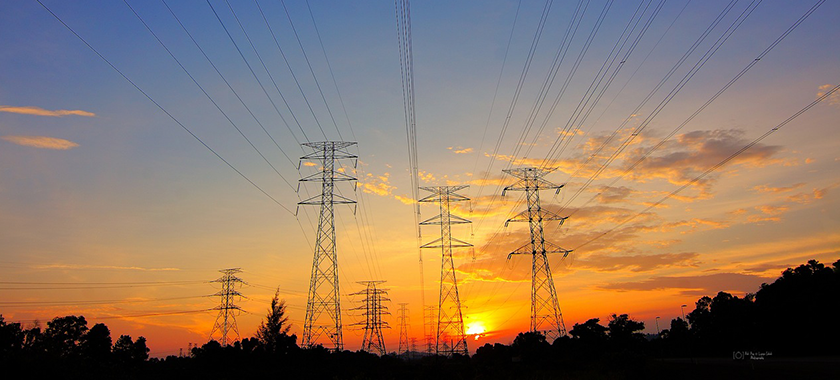The electricity market is a microcosm of all that you learned when introduced to the concept of supply and demand. To understand how power pricing works, first remember the fundamental principle of supply and demand.
Related Article – Peak Load Management Primer
That’s the basic foundation; but in competitive electricity markets, there are many factors driving that supply and demand — and influencing the power pricing for users. Electricity prices are in fact unique to the account being priced. This means that a property manager with multiple buildings might pay 10.5 cents per kWh at one address and 8 cents per kWh at another.
Factors in Power Pricing
Prices are set dependent on several factors:
- PLC or ICAP Tag — In applicable markets, the tag payment reflects the account’s power consumption based on peak system demand in the previous year.
- kWh Usage/Load Profile — If there’s a difference in the total amount of kWh and the on- and off-peak split of the usage, then there will be a difference in the supply $/kWh as well.
- RFP Timing — Power pricing changes each day; it’s a traded commodity. A few weeks difference between contract execution dates can mean a big difference in power and capacity pricing.
- Contract term length — The capacity, kWh, and load profile could be the same, but a difference in contract term lengths will affect the pricing of each component. In fact, the most likely scenario is that when prices are compared across accounts or properties there will be multiple differences.
For more detailed information on how pricing is determined based on property-specific dynamics, read more.
Pricing also varies by type of customer. For example, an industrial user typically requires more electricity and can receive higher voltages and thus can see lower costs since the distribution is more efficient.
Location also matters as the availability of power plants and fuels, local fuel costs, and pricing regulations factor in as well.
Managing Your Power Pricing
How, then, does a business know if it is being overcharged by its supplier/broker/consultant? We suggest working with someone who’s impartial and truly understands the markets. An EnergyWatch consultant can help simplify the energy economics and identify opportunities for electricity savings.
Related Article: 6 Key Energy Management Platform Attributes
 Top Sustainability Trends to Watch in 2025
Top Sustainability Trends to Watch in 2025

 Log In
Log In








